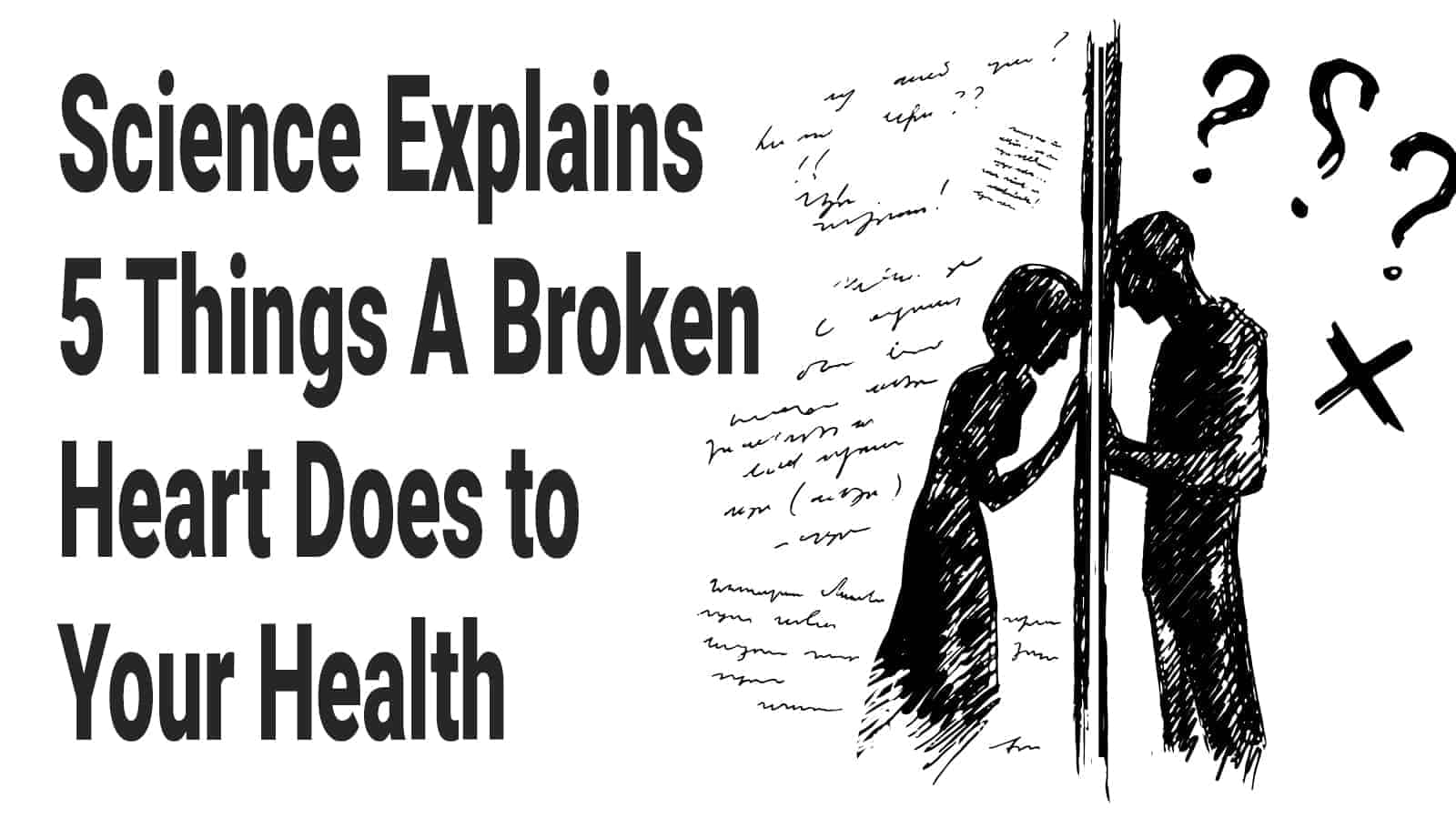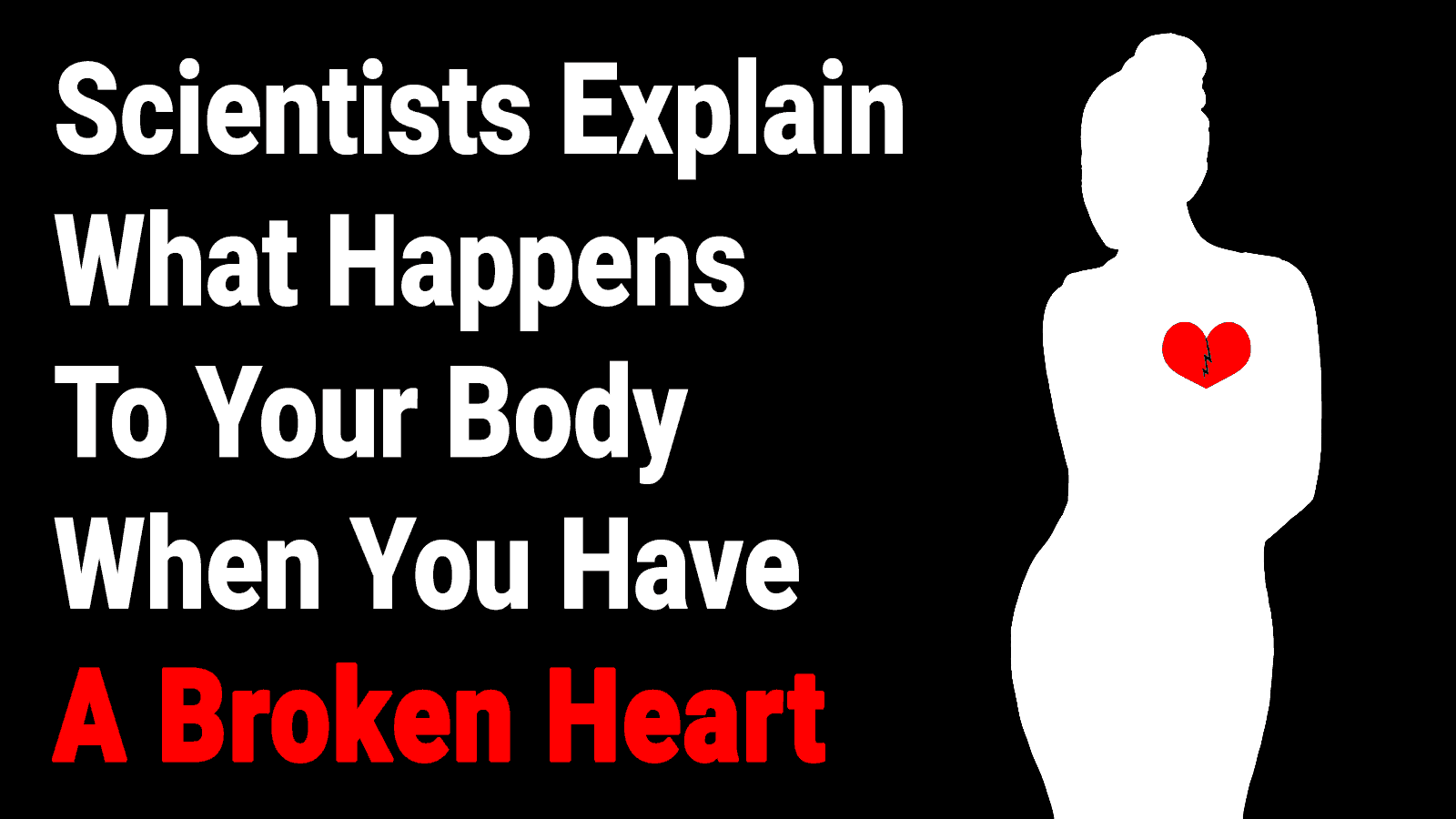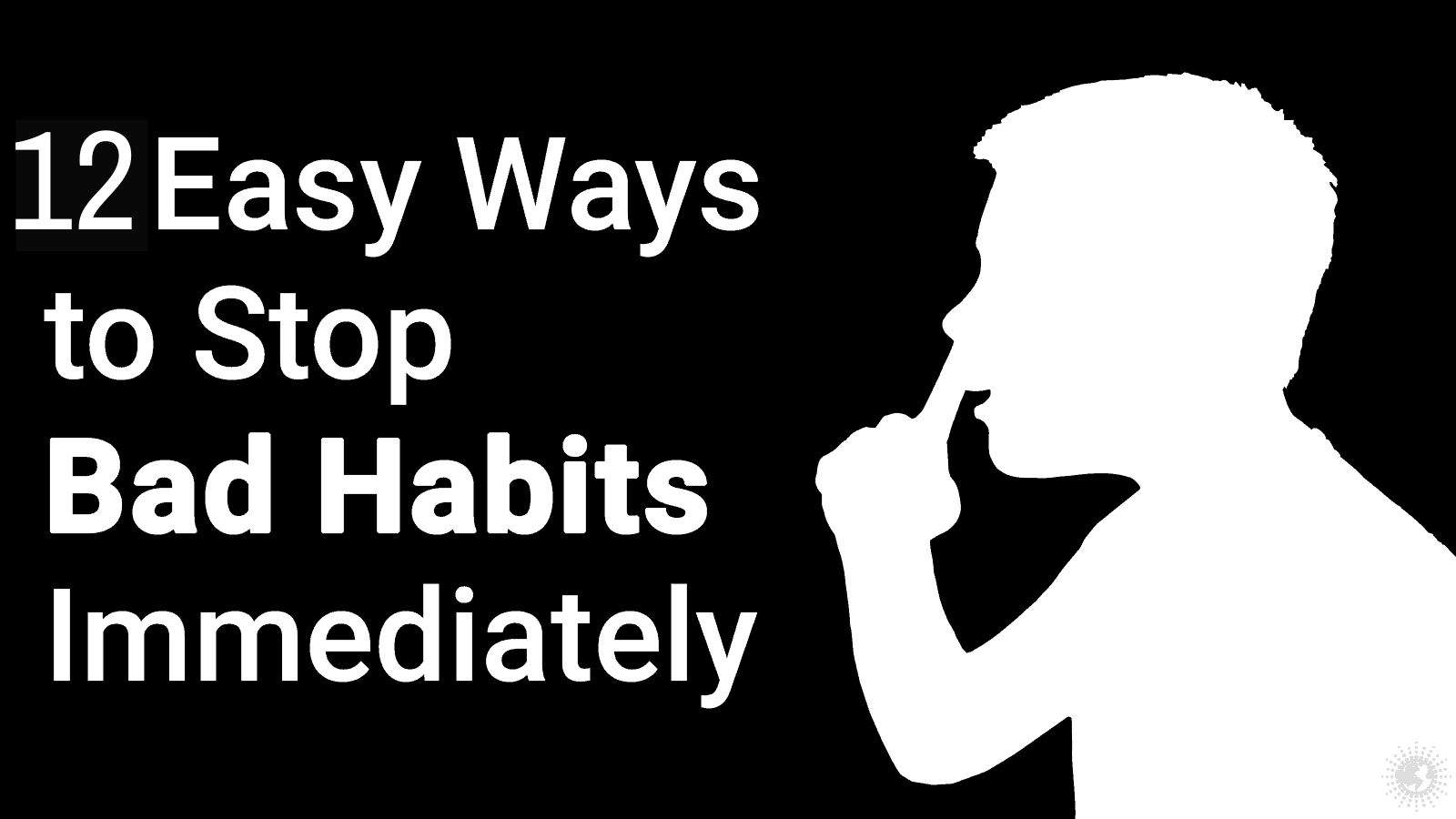If you’re not familiar with broken heart syndrome, it is the byproduct of a stressful situation, namely the passing of a loved one. The condition is characterized by the sudden onset of chest pain. In fact, the intensity is so strong that those who have developed broken heart syndrome often believe they are experiencing a heart attack. This is not too surprising given that the condition causes a temporary malfunction of the heart’s ability to pump blood. This only impacts one area of the heart. The remainder continues to function without any noticeable disruption. In this article, we will take a closer look at this phenomenon as well as treatments that can help.
5 THINGS A BROKEN HEART DOES TO YOUR HEALTH
Although chest pain was mentioned in the preface of this article, being heartbroken can also result in hypotension and pulmonary edema. In severe cases, heart failure may result. Needless to say, this condition transcends the emotional reaction that comes with mourning the passing of a loved one. There include a myriad of physical symptoms that can jeopardize one’s health. Some of these symptoms include:
1. PHYSICAL PAIN
A variety of studies have shown that emotional pain can stimulate the areas of the brain that commonly registers physical pain. This helps explain the physical component of being heartbroken. To further emphasize this point, we need only look to research conducted by Geoff MacDonald at the University of Toronto. It concluded that the brain cannot discern between physical and emotional pain. As a result, it will stimulate a similar pain response for either.
2. WITHDRAWAL
Longing for someone after their passing is not uncommon. In fact, when people lose their connection, either through death or a traumatic break-up, can result in irrational reactions, obsessive thought, and an inability to accept the fact that a significant other is no longer in their lives. Scientists like Helen Fisher, an anthropologist who has done in-depth studies on the topic of love and heartbreak, has equated the condition to that of withdrawing from drugs and alcohol. Fisher details one particular study whereby participants were shown pictures of former lovers. The study found that those images stimulated the mesolimbic dopamine pathway (reward system) in the brain. In other words, romantic love can serve as an addiction for many people. However, the delightful highs can turn into horrible lows when the relationship ends either through death or parting ways.
3. ILLNESSES
Along with chest pain, shortness of breath, hypotension, and other symptoms indicative of a broken heart, high cortisol levels is also a byproduct of being heartbroken. The body’s natural neurological response to stress can become compromised when over-stressed as in the case of mourning a loved one. Cortisol and adrenaline, which are the hormones that allow us to cope with actual or perceived danger, can negatively affect the body in a variety of ways including:
- Weight gain
- Memory problems
- Weakened immune system
- Heart disease
To further emphasize this point, we need only look to a study conducted by Netherlands-based VU University Medical Centre. They found that the high levels of cortisol related to broken heart syndrome increases one’s likelihood of dying from cardiovascular disease.
4. BIOLOGICAL RHYTHM
Not surprisingly, couples who have been together for a long time naturally help regulate one another’s biological rhythm. They often eat and sleep at the same time. When the relationship comes to an end, for whatever reason, this biological rhythm is disrupted. It could lead to an onslaught of physical problems including infections, weight gain, and slower reaction times.
5. INCREASED STRESS
Stress is the one thing that is salient among those struggling with being heartbroken. As such, it is not uncommon to experience increased tension and a variety of other stress-related symptoms. Along with the pain felt from no longer being with your significant other, emotional pressure may prompt the body to increase stress hormones. Although this is undoubtedly a challenging time, you should invest some time in self-care. This could mean doing things to distract you from your loss like reading a book or going for a walk. Spending time with friends can help heal a broken heart and also reduce stress.
HOW TO HEAL A BROKEN HEART
Having detailed the many health problems linked to a broken heart, let’s turn our attention toward healing a broken heart. It’s worth noting that time can heal a broken heart. As cliché as it might seem, you will find some truth in the age-old saying. Over time, you will feel less impacted by the loss of a significant other. As a result, the symptoms associated with being heartbroken will start to subside. However, severe cases may require medical intervention. Some of the more popular pharmacotherapeutics used to treat broken heart syndrome include beta blockers, which work to prevent stress hormones from causing damage to the heart.
CAUSES
While the health problems associated being heartbroken are well-established, the exact cause of the condition remains a mystery. However, many have hypothesized that it may stem from an uptick in stress hormones, particularly adrenaline. It’s also worth noting that women and those over the age of 50 are more susceptible to this condition. The same also holds true for those with a history of neurological problems and those diagnosed with psychiatric disorders. That said, the symptoms commonly linked to being heartbroken have been linked to other events as well. For example, certain prescription medications can trigger symptoms similar to that of being heartbroken. These medications include Cymbalta, Effexor, and EpiPen, for example.
WHEN SHOULD YOU BE SEEN BY A DOCTOR?
If your symptoms feel especially painful or if you feel lightheaded, seek medical treatment immediately. Don’t attempt to drive yourself to the hospital as you may be putting yourself and others in harm’s way. Instead, allow a family member to drive you. Also, be prepared to answer some question when you arrive. Doctors will likely want to know about the specific symptoms you’re experiencing along with your personal and family medical history.
TREATMENTS AND HOW TO HEAL A BROKEN HEART
With regard to how to heal a broken heart, there is no standardized treatment; however, with the risks that the condition poses to the heart, most treatment will focus on keeping the heart healthy. What does this mean, exactly? Physicians will likely follow the same protocols in place when it comes to treating heart attack patients, which entails prescribing heart medications and diuretics that can help the heart heal. Physicians may order balloon angioplasties and stent placements. To offer a little insight into the seriousness of heart broken syndrome, otherwise known as Takotsubo cardiomyopathy, it can require a 4-to-6-week hospital stay to assess your heart health and determine the best course of treatment.
WHAT TO EXPECT DURING YOUR HOSPITAL STAY
Considering that your treatment will likely revolve around improving heart health, you can expect your physician to order an EKG (electrocardiogram) along with blood tests. The information collected from these tests will be used to determine if you’re experiencing heart problems or if your condition is related to something else like Takotsubo cardiomyopathy, for example. While speaking with your physician, you’re encouraged to ask the following questions to better gauge your path towards recovery:
- What might be causing my symptoms?
- Could my symptoms be related to being heartbroken?
- What types of tests will I need for a diagnosis?
- Is a hospital stay necessary?
- What will my immediate treatments entail?
- Are there any risks associated with my treatments?
- Should I follow any diet or exercise restrictions as part of my treatment?
- Should I see a specialist for follow-up treatments?
Although the thought of health complications resulting from being heartbroken may sound peculiar, it can traumatic experience for those going through it. That said, if you’re experiencing any of the symptoms outlined in this article, take steps to reduce your stress levels. Most importantly, contact a physician if your symptoms start to become overwhelming. Lastly, it is not unusual to miss someone when they are no longer part of your life. Still, you should place importance on caring for yourself as you move past a difficult breakup or mourn a deceased loved one. After all, your health depends on it.
















